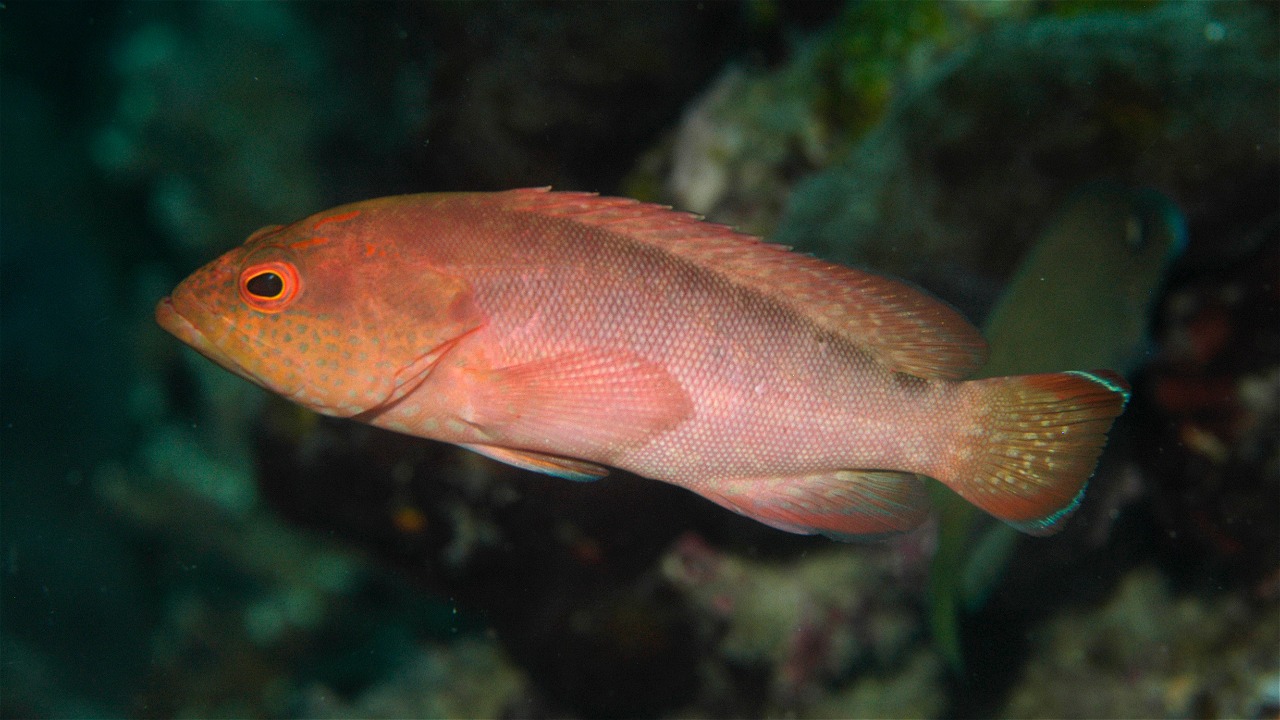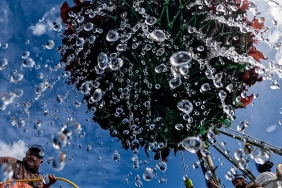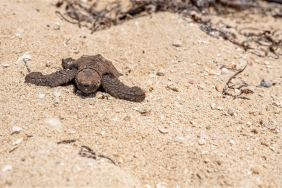INDONESIA PROVIDES INPUT TO THE DEVELOPMENT OF THE FINFISH TROPICAL MARINE ASC ECOLABEL STANDARD
By: I Komang Dianto (Local Facilitator Aquaculture Improvement Program, WWF-Indonesia)
The demand for environmentally friendly products is currently on the rise. To assure consumers that products come from responsible practices, strong and credible standards are needed.
In aquaculture practices, the Aquaculture Stewardship Council (ASC) standards were developed as a tool to promote environmentally and socially responsible aquaculture practices. ASC standards are commodity-specific, although the ASC is currently working on a core standard that will be applicable to all commodities.
There are 8 ASC standards that have been applied to 12 farmed fish commodities. Two of them have been applied in Indonesia, namely standards for shrimp and tilapia.
Seeing the trend of global demand for farmed fish, ASC is currently developing other aquaculture standards, namely for finfish commodities for both tropical and subtropical; and seaweed commodities.
The development of ASC standards for finfish such as snapper and grouper began in 2013, and was finalized in December 2016. Public consultations on the draft were conducted online and offline, involving stakeholders from around the world.
Indonesia was not left behind. WWF-Indonesia Sunda Banda Seascape office in Denpasar, Bali, that day (25/07) was enlivened by stakeholders from various representatives from academia, researchers, practitioners, industry, and aquaculture associations.
WWF-Indonesia Aquaculture Team is facilitating a discussion on the establishment of ASC standards for tropical finfish commodities (grouper, snapper, barramundi, and pompano). This discussion was held to ensure that the ASC standard can be applied in Indonesia.
"There are 7 principles in the draft ASC standard that were discussed," explained Cut Desyana, National Aquaculture Program Coordinator, WWF-Indonesia.
"First, the principle of compliance with local and national regulations; second: conservation of natural habitats, local biodiversity and ecosystem structure and function; third: protection of the health and genetic integrity of natural populations. Fourth, efficient and responsible use of resources. Fifth, management of diseases and parasites in an environmentally responsible manner. Sixth, the construction and operation of socially responsible farming units. While the 7th principle is to be a good neighbor and a responsible citizen," he explained.
The discussion that day was conducive, with adequate responses from the discussion participants. Many discussion participants provided input on principles 2, 3, 4, and 6.
Compliance with the ASC in relation to third parties, such as feed companies, for the sustainability of feed ingredient sources was suggested not to be a burden on farmers.
"Farmers agree to encourage the practices of third parties as aqua-input providers to comply with ASC principles, but farmers cannot ensure or require third parties to comply with ASC principles," said one discussion participant.
"All the inputs we collected today will be submitted to the ASC team as a response to the draft ASC standard from the Indonesian side," said Cut Desyana.
Through this discussion activity, the hope is that the ASC standard for finned tropical marine fish can be released soon. Thus, its application can support more responsible grouper and snapper aquaculture activities in Indonesia.





